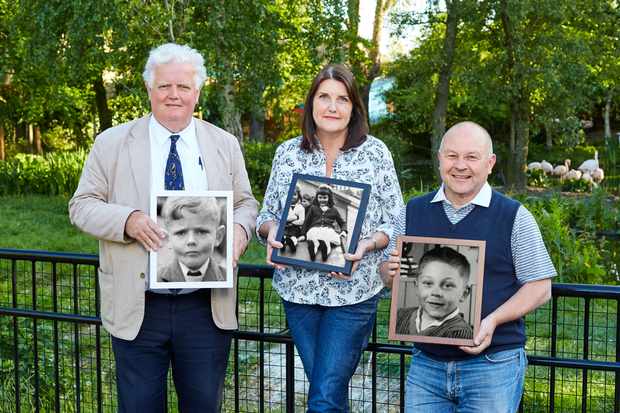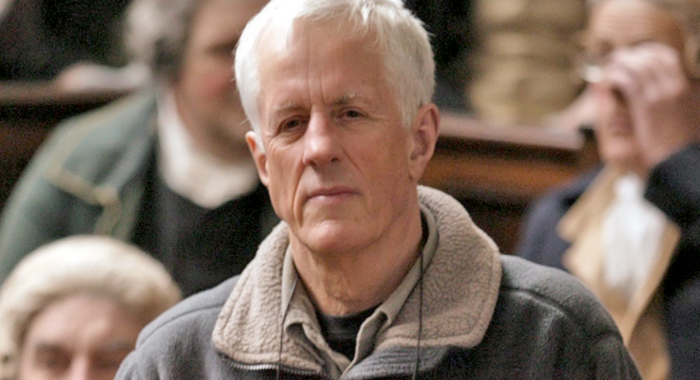
In 2021, we lost writers, directors, cinematographers and composers who produced classic of cinema:
Director Michael Apted’s 9 Seven Up movies constitute the greatest documentary series in the history of cinema. Got to see him in person at the 2019 Mill Valley Film Festival.
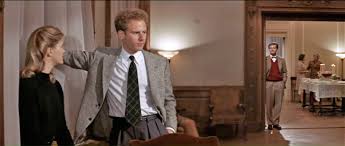
Cinematographer Giuseppe Rotunno was a master at creating images that told us about the characters and their relation to each other. Here’s my remembrance with some of his images, plus a link to a brilliant video essay.
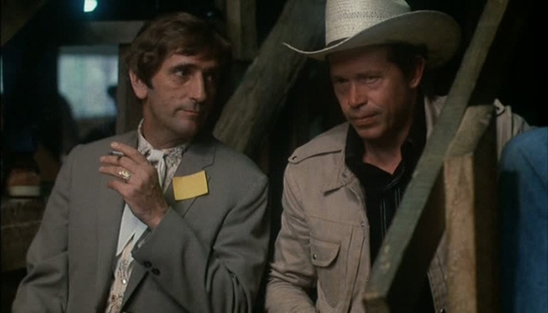
Monte Hellman, my favorite cult film director, was described by the New York Times as a “hero of the American independent film movement“. Working in low-budget genre movies, collaborating with the likes of Roger Corman Hellman could elevate the sparest of scripts and the most minuscule of budgets into film classics. Hellman showcased Warren Oates’ gift for playing a tough, bottom-feeding grasper who needs a little too much luck in Two-Lane Blacktop (1971) and the Hellman masterpiece Cockfighter (1974).
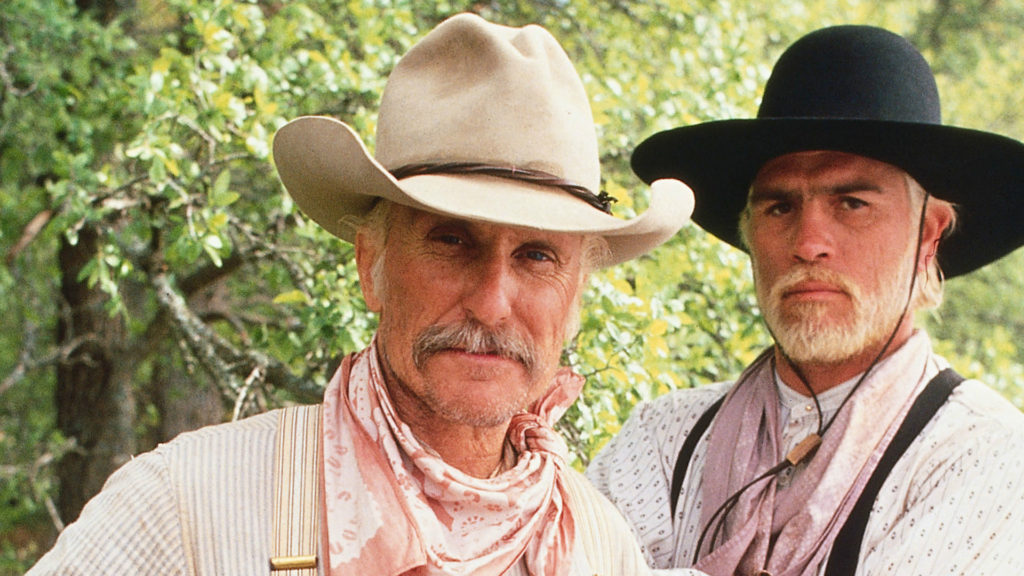
Writer Larry McMurtry told powerful, unflinching, character-centered stories of the Old West (Lonesome Dove) and the contemporary West (The Last Picture Show). He won an Oscar for his Brokeback Mountain screenplay, and his novels were the basis for Hud and Terms of Endearment.
Melvin Van Peebles was a Renaissance Man (see his NYT obit) who wrote, directed, edited and produced 1971’s Sweet Sweetback’s Baadasssss Song. Along with Gordon Park’s Shaft, that film launched blaxploitation cinema and was a landmark in indie filmmaking. His son Mario directed and starred in Baadasssss! (Amazon, AppleTV, Vudu, YouTube) about this seminal project.
Jean-Marc Vallée directed The Dallas Buyers Club, Wild and The Young Victoria, which earned acting awards for Matthew McConaughey, Jared Leto, Reece Witherspoon, Laura Dern and Emily Blunt.


